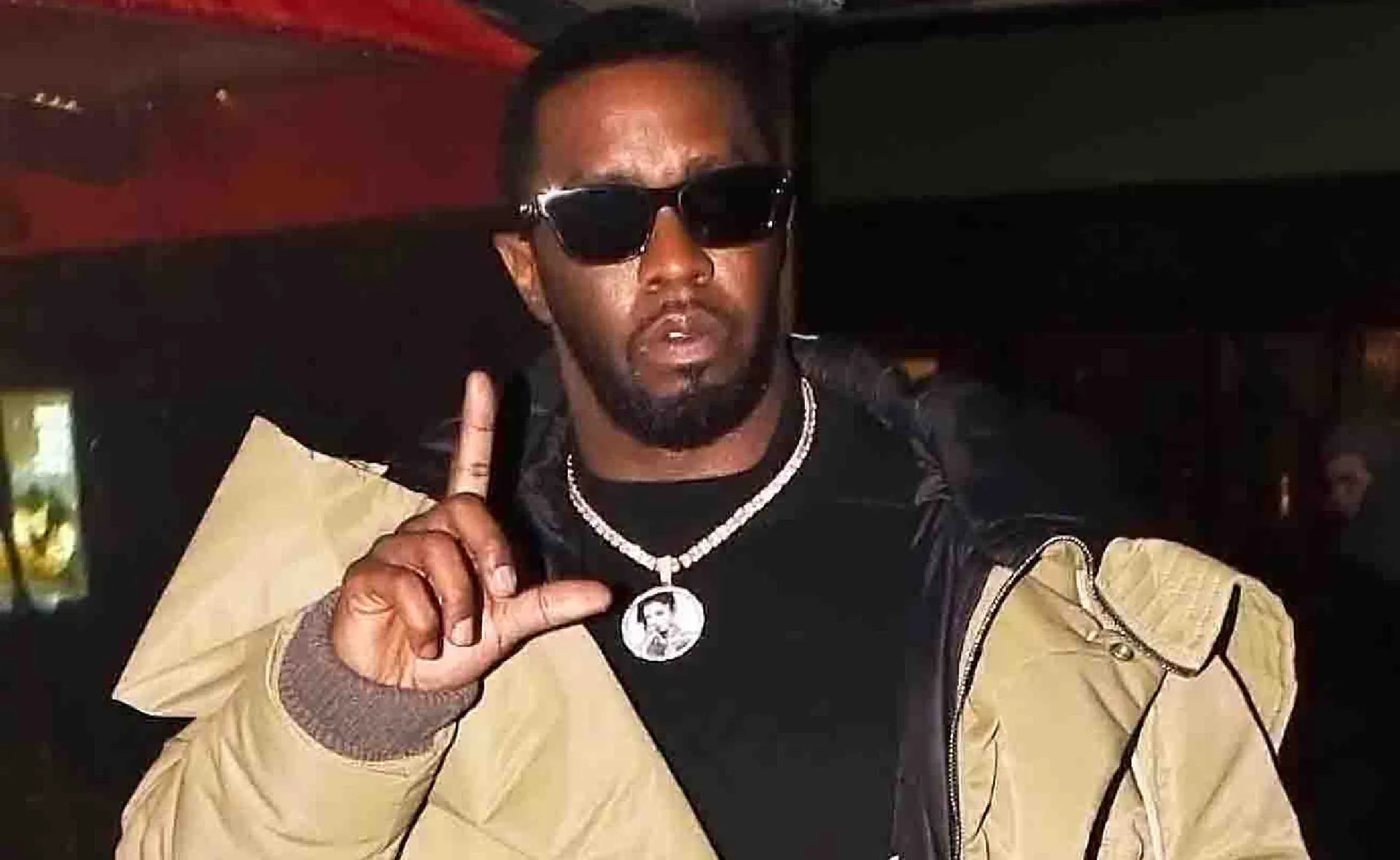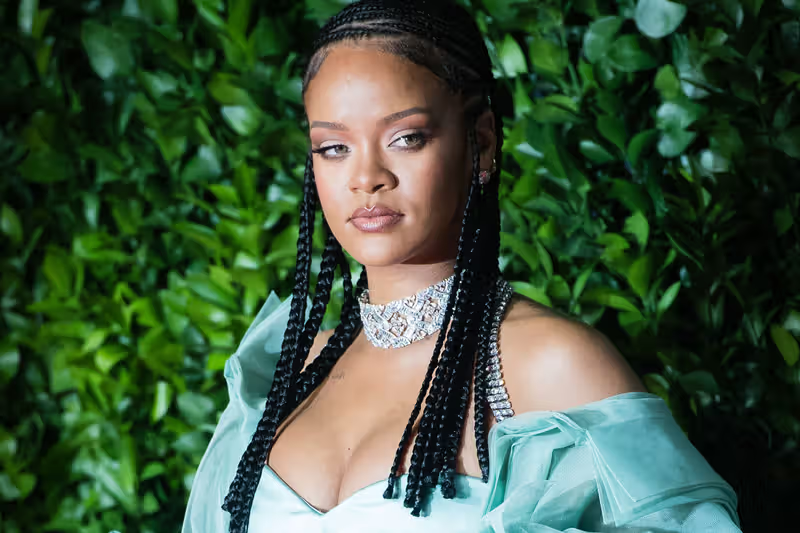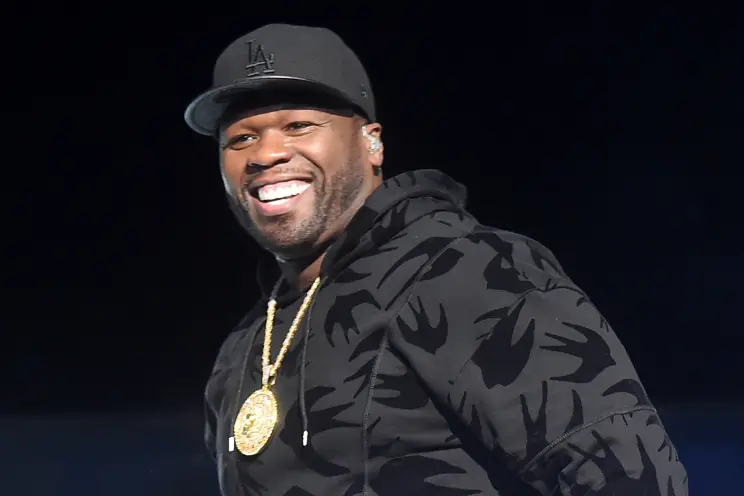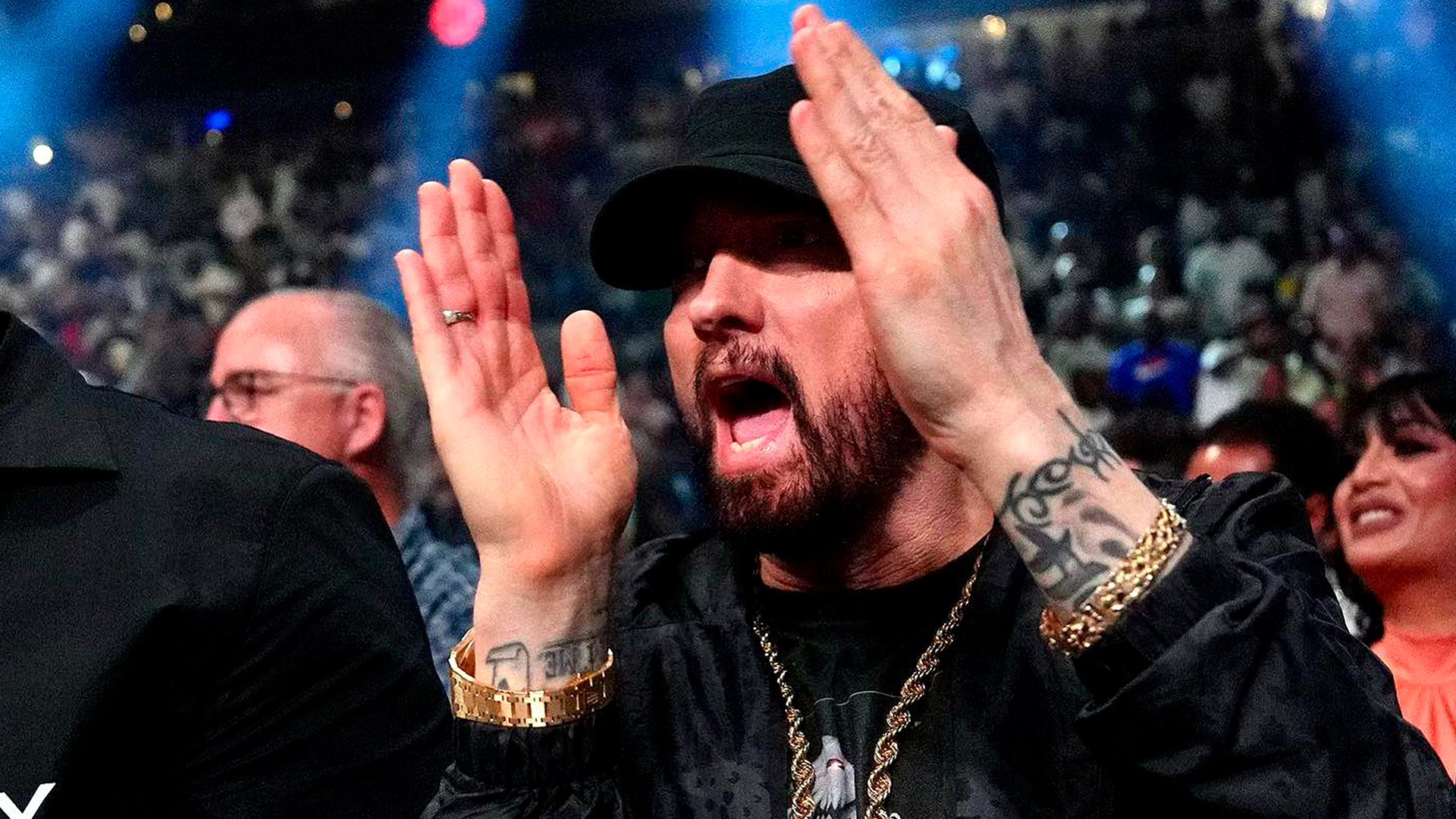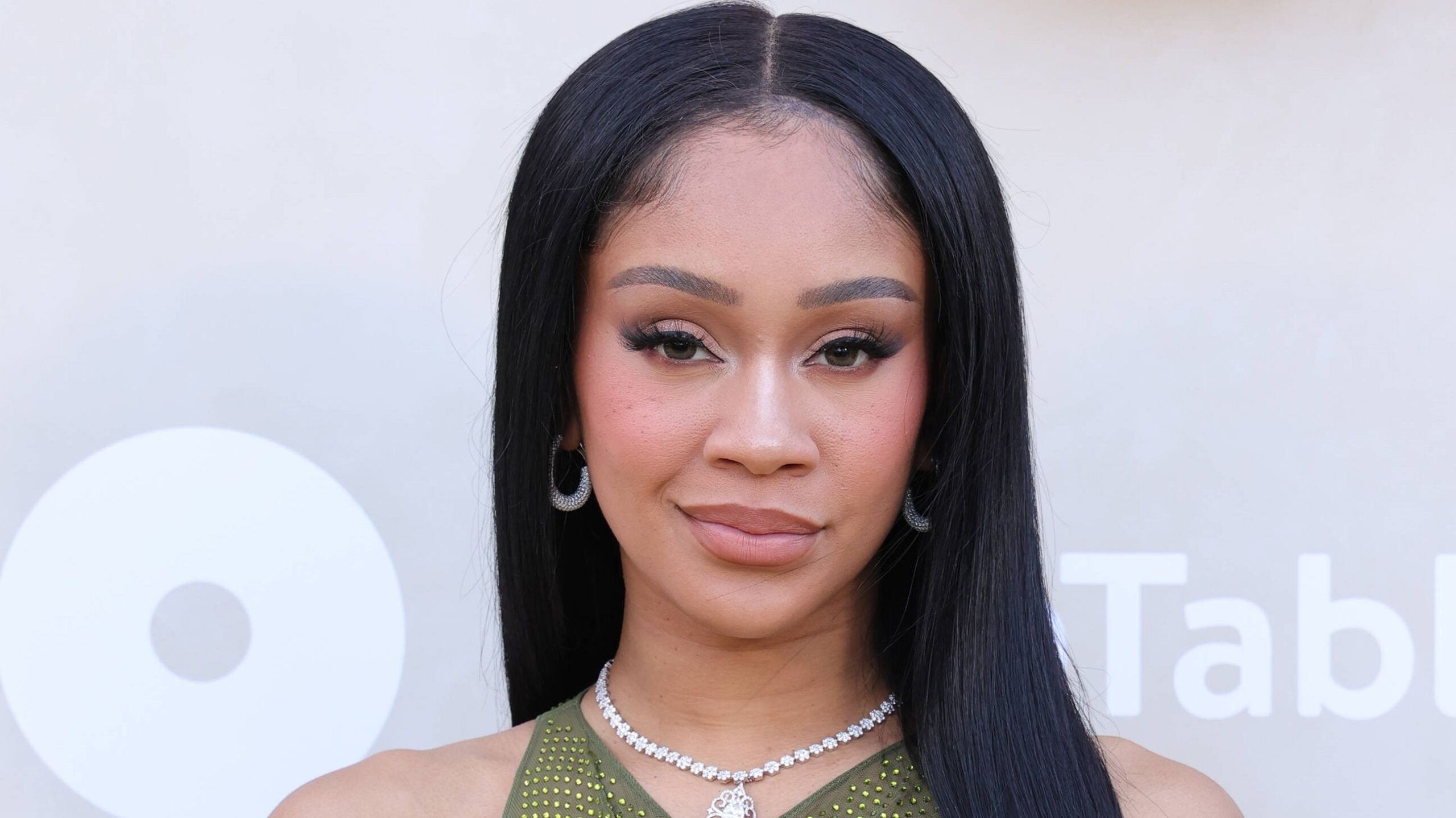The Setting

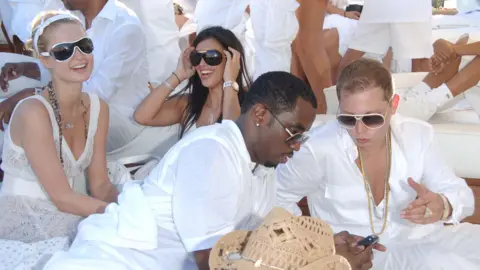

Diddy (born Sean “P. Diddy” Combs) has long been a central figure in hip-hop culture—not only for his music and business empire, but for producing and hosting extravagant parties where Hollywood and music’s elite gather. These events, often hosted at his homes or estates, have been described as wild, lavish, and star-studded.
According to multiple accounts, including statements made by Jason Lee, many A-list celebrities have shown up at Diddy’s gatherings. All About Tea+2Urban Islandz+2
These parties have recently garnered public attention not just for their glamour, but for the darker allegations surrounding them—raising questions about power, privilege, and what happens behind closed doors.
Jason Lee’s Revelations


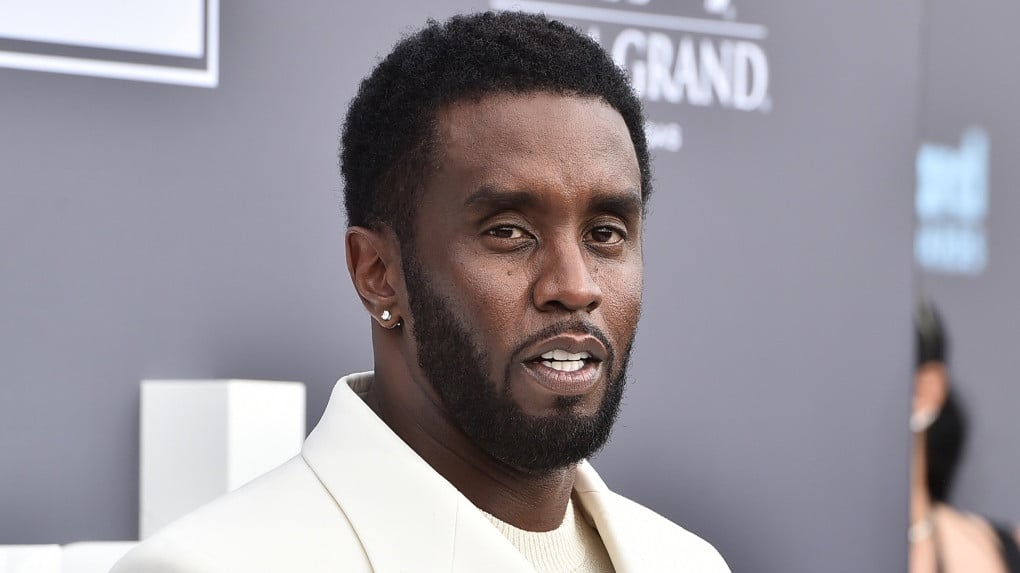
As a media personality and host, Jason Lee has publicly discussed his experiences at Diddy’s parties. Some of the key points of his disclosures include:
-
Lee claimed that “every single celebrity in the culture has been to Diddy’s house.” He named attendees like Jay‑Z, Beyoncé, Chris Brown, Travis Scott, Usher, and DaBaby. HotNewHipHop+1
-
He emphasised that his interactions with Diddy were “all business,” and he stressed he witnessed nothing inappropriate on his own behalf. Stop The Breaks
-
In a more concerning statement, Lee claimed that Diddy allegedly banned celebrities from bringing their personal security details to these parties—raising questions about attendee protection and safety. The Express Tribune
Lee’s narrative paints a picture of immense star power and social gravitas at these events—but also leaves space for doubt, as he routinely underscores he did not witness the alleged suspicious behaviour often cited in controversies.
Chrisean Rock’s Position
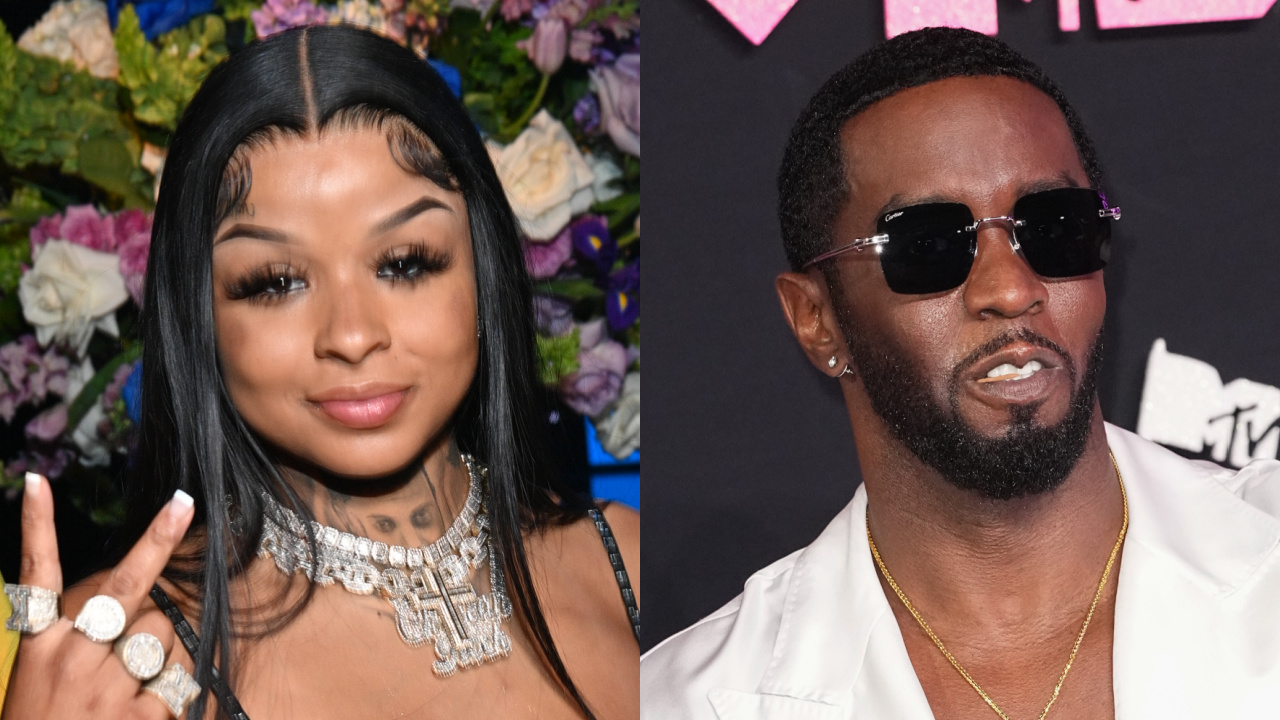


Chrisean Rock, known from reality-television and social media, has weighed in on the broader debate around Diddy. Her key public remarks include:
-
In a livestream, she stated that she “feels like he [Diddy] was always innocent,” in reference to his legal troubles. Sportskeeda
-
She expressed skepticism about the narrative pushed by the media and raised questions about the evidence, noting variables such as 911 calls or their absence. Sportskeeda
-
Her stance suggests a defense of Diddy’s character (or at least a willingness to question mainstream allegations) rather than a full insider exposé of these parties—but her comments contribute to the broader picture of how these social circles perceive the situation.
The Broader Allegations & Context

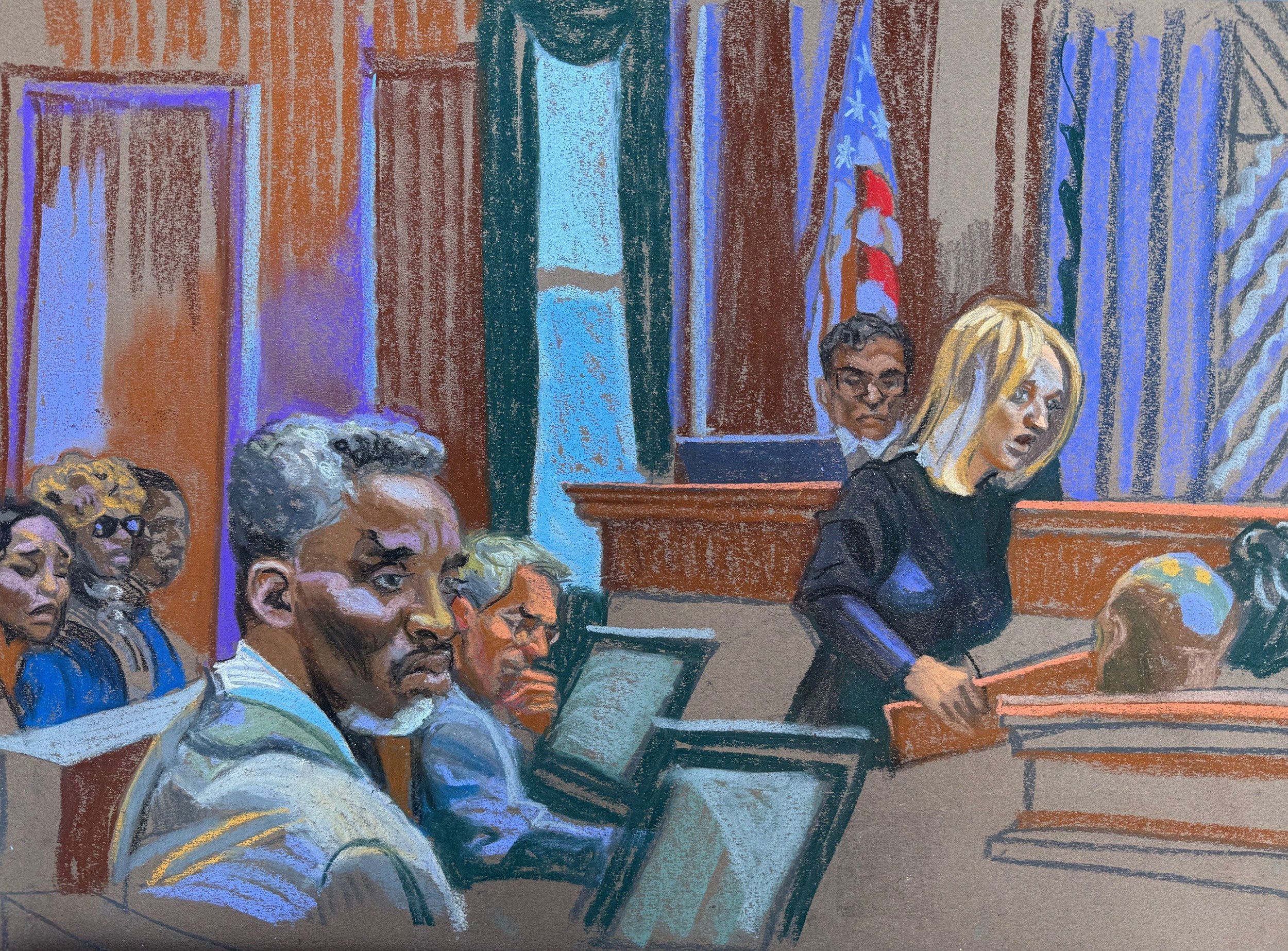

While neither Jason Lee nor Chrisean Rock claim to provide full exposure of wrongdoing, their remarks align with a wider network of allegations against Diddy and his social sphere. Key elements:
-
Diddy has faced serious legal charges, including racketeering and sex-trafficking investigations. Some civil suits and media reports have referenced his alleged parties as sites where misconduct may have occurred. Urban Islandz+1
-
The combination of big budgets, star-filled guest lists, and reported unconventional party “themes” (allegedly inclusive of adult entertainment, privatized rooms, large numbers of guests) creates an environment subject to scrutiny and speculation.
-
Some commentators (e.g., in Reddit threads) believe the fear among attendees is not only of legal consequences but reputational ruin—from being associated with these gatherings. Reddit
What These Revelations Suggest
-
Celebrity attendance ≠ guilt: Both Lee and others point out that being at a party doesn’t automatically mean participating in or endorsing illicit activity.
-
Access and power dynamics: The fact that so many high-profile people gathered at these events underscores how deep and interconnected celebrity, industry, and elite social networks are—raising questions about oversight, accountability, and consent.
-
Control and boundaries: The claim that personal security wasn’t allowed suggests a removal of the usual safeguards for celebrities—an environment where the usual rules may not apply. That shift itself is notable.
-
Mixed witness accounts: Lee’s statement that he personally “saw none of the baby-oil spraying” (a referenced rumour) means first-hand evidence remains sparse, and much is based on pattern, anecdote, or implication.
-
Public perception vs. internal truths: What’s known publicly is likely only a fraction of the total. The comments by Chrisean Rock show that insiders may have varying views—some defensive of Diddy, some questioning the official narrative.
Why It Matters
-
Cultural influence: When an influential figure like Diddy hosts events that blur entertainment and alleged exploitation, the ripple effect touches the broader culture—music, fashion, celebrity, and how power is wielded.
-
Accountability in elite spaces: These parties highlight how in exclusive social ecosystems, typical accountability mechanisms (public oversight, security, standard law-and-order norms) can be circumvented, which raises ethical and legal concerns.
-
Impact on bystanders/victims: Even if many attendees were innocent, the environments described (late-night, large guest lists, private rooms, alleged exclusion of security) may increase vulnerabilities for less-powerful participants.
-
Media and narrative control: Insiders like Lee and Rock help shape the story—what gets said, what gets suppressed, who chooses to speak. The story remains contested and evolving.
Looking Forward
The story is far from finished. Some questions remain open:
-
Will any credible witness testimony or internal documentation emerge showing what did happen in these private gatherings?
-
How will the celebrities who attended respond—either by speaking out, staying silent, or clarifying their involvement?
-
What reforms or shifts might occur in how high-profile events are managed, especially regarding security, consent and transparency?
-
And critically: What happens to the people behind the scenes (staff, assistants, lesser-known party-goers) whose voices are less heard—and whose experiences may reveal the most about how these parties functioned?
Final Thoughts
Jason Lee’s revelations and Chrisean Rock’s commentary provide compelling glimpses into the secretive world of Diddy’s parties—a world filled with glamour, star power and suspicion. While neither offers a full exposé of wrongdoing, together they amplify the questions: What happens when unchecked power mixes with exclusive access, late-night excess, and elite social networks? How many attendees were simply guests, and how many were part of something far murkier?
In the end, the story of Diddy’s parties is less about specific accusations (at least publicly) and more about environment, access and the ambiguous line between extravagance and exploitation. As the conversation continues, what matters most is the voices still unheard and the truths still hidden behind the velvet rope.
